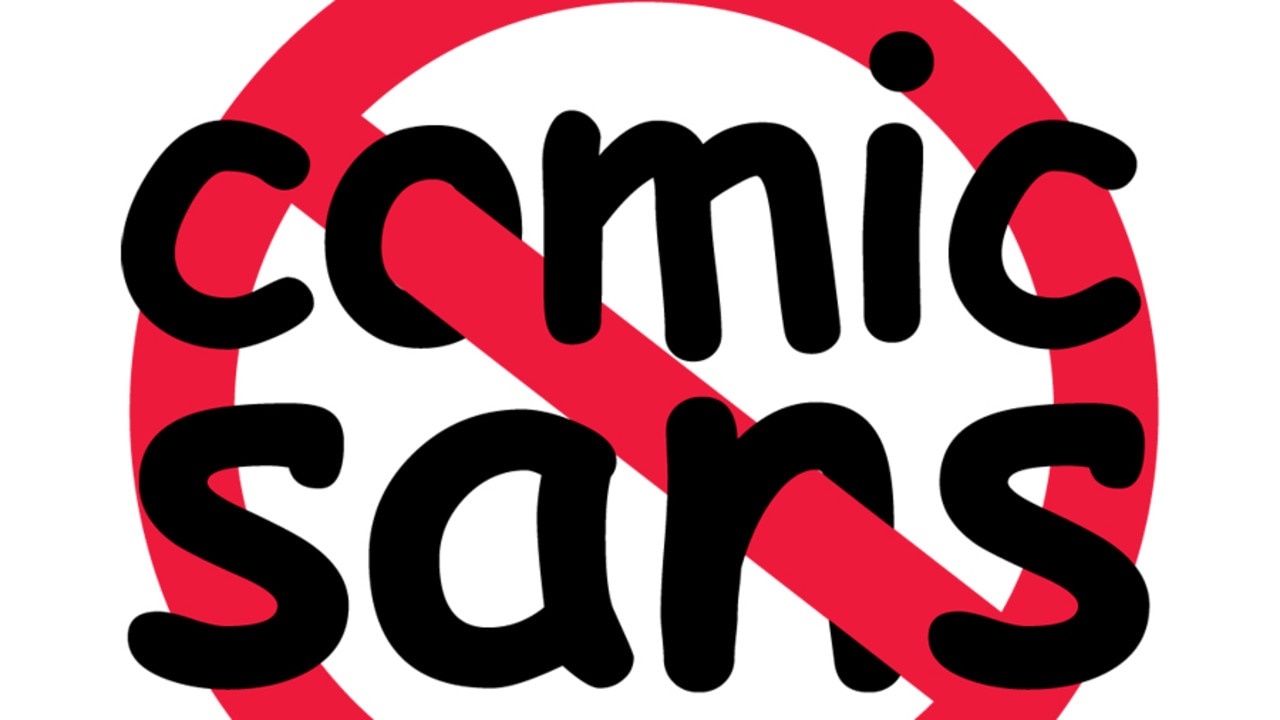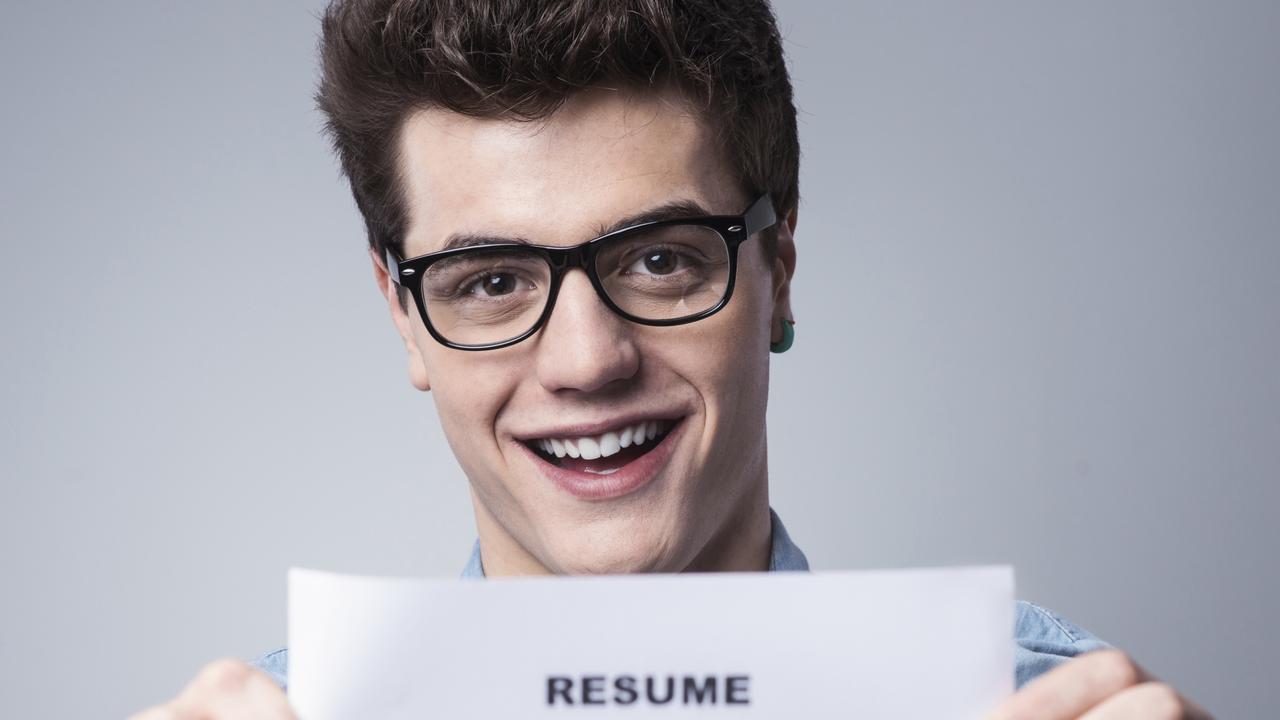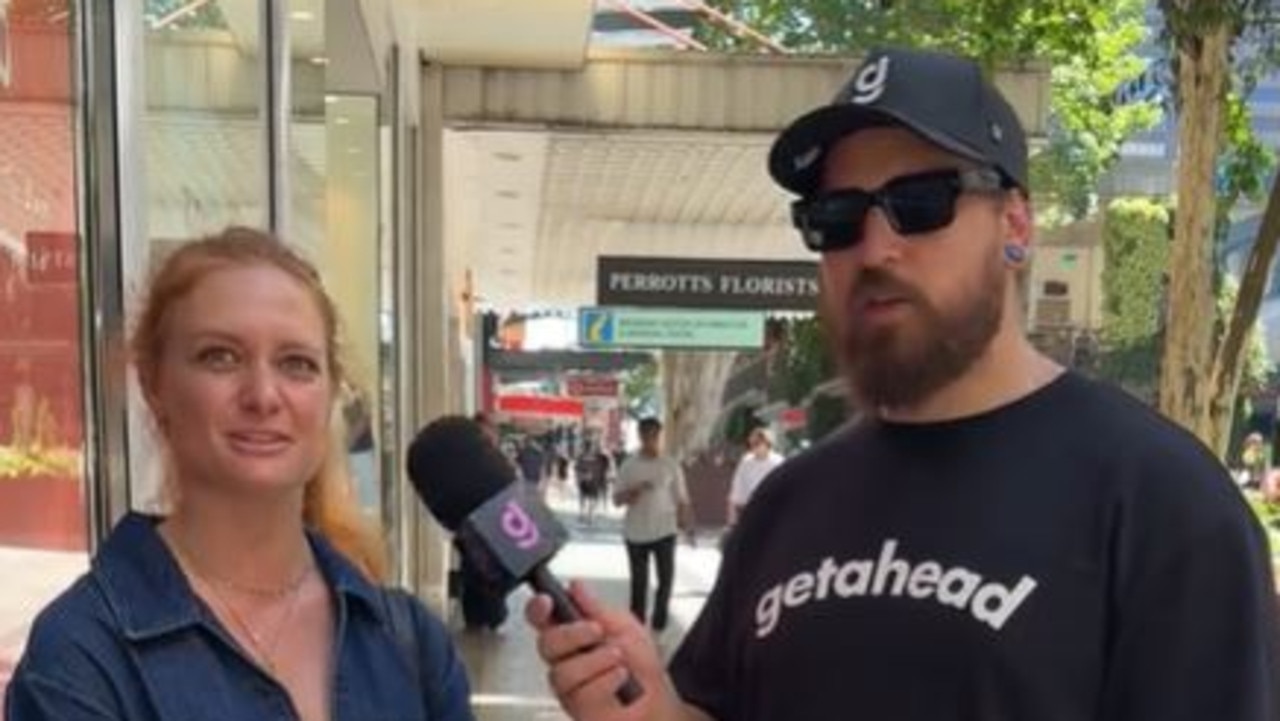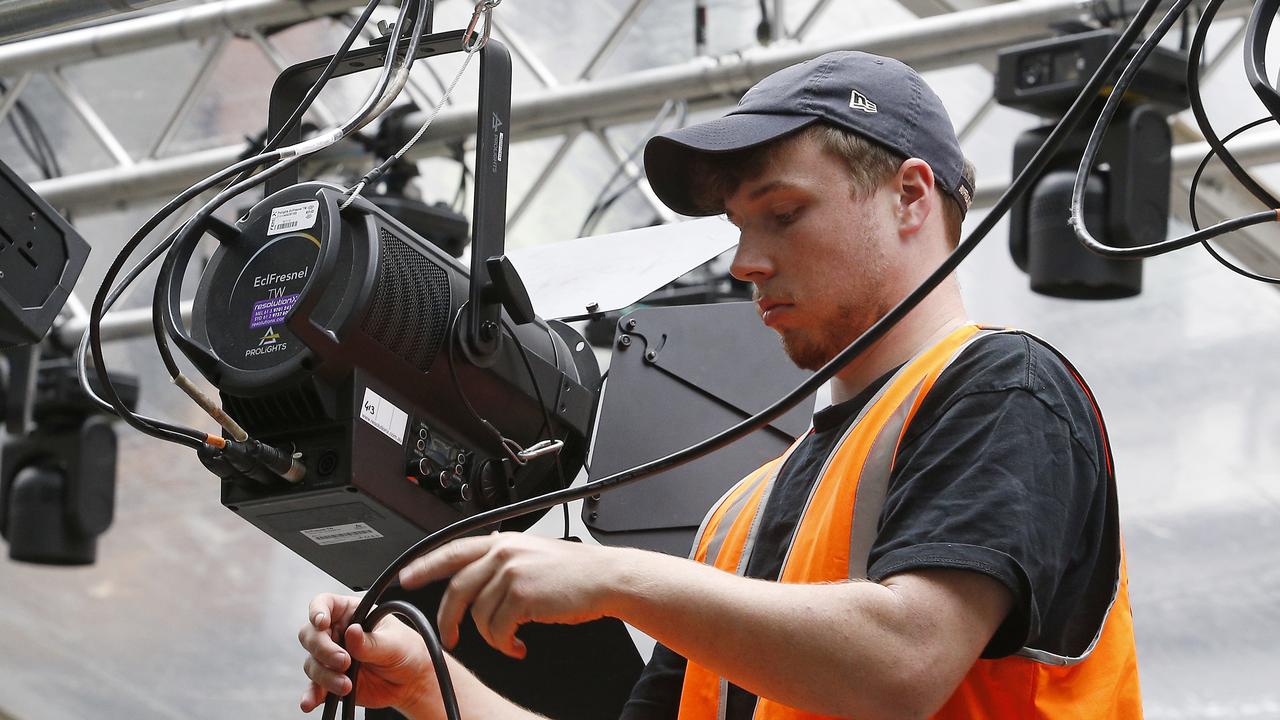Things you shouldn't put on your resume if you want to get the job
Recruiters are astounded at how many mistakes job seekers make with their resumes. Here are the key things to avoid.

Unless you’re the heir to a family firm, you’ll have had to go through the wearisome process of creating a resume.
Then there’s keeping it up to date, tweaking it for different jobs and trying to dream up some interesting but entirely not alarming “hobbies and interests” for your new boss to skim over.
However, a top recruiter has said common errors mean many candidates are falling at the first hurdle when it comes to nabbing a new job.
Their resumes are a wreck.
“You’d be amazed how many resumes you see without the basic tenets of communication,” director of global recruitment firm Michael Page, Jim Roy, told news.com.au.
“In the digital age, everyone can apply for a job and you can very easily find yourself in the possibles pile rather than the probables pile.
“As tiresome as it is, make sure your CV is on point.”

Mr Roy said despite resumes being one of our most important documents, people are still unsure of how to produce a polished example.
“I’ve been in recruitment for 18 years and I still get emails from friends and family asking me to look at their CV. It’s the most commonly asked question I get: ‘What my does my CV look like?’”
Exhibit A of what not do on your resume is the most obvious: spell words incorrectly.
“Put it this way — it’s not a good start,” he said. “If you’re talking resume 101, there are no excuses for spelling mistakes. F7 is everyone’s friend.”
So what are the other no-no’s on resumes?
DON’T MAKE IT LONG WINDED
Spokeswoman for jobs website Seek, Sarah Macartney, said brevity, drilling down on the most essential experience, was vital.
“You may have enough experience to fill four pages, but the majority of employers prefer short, one- to two-page resumes,” she said.
“Highlight your transferable skills, a snapshot of your experience in a table format and then details for two or three of your most relevant positions.”
Candidates can have a habit of simply adding to their resume with every new job or project undertaken. But when you add, you also need to look at what you can slim down or even delete to keep it succinct.

DON’T HAVE A ‘VANILLA RESUME’
Many of us rarely alter our CVs for different applications despite different positions potentially demanding very different skills.
“If I was job seeking, I would have a base template and tweak that to every application rather than a vanilla resume,” Mr Roy said.
“Tailor it. What can you highlight that are relatable achievements and relevant projects?”
DON’T OVERSELL YOURSELF
“Honesty is critical. No one is as successful as they look on LinkedIn, as happy as on Facebook or as funny as they sound on Twitter,” Mr Roy said.
“You don’t want to overstate capability. But there’s nothing wrong with stating relatable project experience to put your best foot forward.”

DON’T BE A GRUB ON PAPER
Looks matter when it comes to resumes, Ms Macartney says.
“A well-presented and formatted resume is a must. It should be easy to read with plenty of white space between sections and have a consistent font throughout. The document needs to be easy to follow in regards to career history and key skills need to be easily identified,” she said.
DON’T USE COMIC SANS FONT
Keep it professional.
“It’s a fair assumption that the big four banks don’t welcome a resume full of emojis. We’re not there yet,” Mr Roy said.
However, you don’t want to seem so bland your CV fades into the wallpaper.
“Someone who is a graphic designer may have a more creative resume than someone in a more typical admin role,” he said.

DON’T LIST YOUR AGE
It’s none of their business, aside from exceptional circumstances. Age discrimination is illegal in most cases but why even give a potential employer the chance to judge you due to how old you are?
“It’s not about age, it’s about relevance. Mature and experienced candidates bring a lot to the table” Mr Roy said. “I personally wouldn’t put my date of birth even if just for privacy.”
Of course, people can attempt to guess your age from the dates of your education and experience. And you have to list some dates.
But even here Mr Roy questioned the relevance of putting, say, your education dates on your resume. Does a future employer need to know you got your HSC in 1985?
DON’T REPEAT YOURSELF
“If you’ve stated you can do a particular task, don’t put examples in every role,” Mr Roy said, particularly if previous experience was of a lesser quality or further down the ladder.
“A prospective chief financial officer doesn’t talk about the days when he did payables and receivables.”
DON’T FORGET TO WARN YOUR REFEREES
You want to make sure they’re good with putting in a good word. But it’s even more important if they work in your current job as it could come as a surprise to them you’re running to the exit door. Tongues could wag.
D ON’T USE THE WORDS ‘CURRICULUM VITAE’
English is fine on a resume, you don’t need to throw in Latin too. Spelling out “curriculum vitae” could make you look a bit up yourself.
Shortening it to “CV” is standard and the term is used interchangeably with “resume” by those in recruitment.

DON’T GO OTT ON ABBREVIATIONS
Abbreviations might show you know the lingo. But the first person who reads over your CV might be several rungs down the ladder and not know their IPA (Institute of Public Accountants) from their IPA (Institute of Public Affairs).
“There are a lot of acronyms and technical terminology that are relevant to certain industries but it’s a skill to tackle complex information and disseminate it easily. If you can do that on a CV, that’s a plus,” Mr Roy said.
“You don’t want to kill people with jargon.”
DON’T NOT BE YOU
You can pretend to be the most serious and straitlaced person in Australia on your resume. But if you actually get the job you don’t want to have to keep up that pretence for the next few years if it’s not the case.
“You have to be yourself because employers want you to bring your whole self to work,” Mr Roy said.
“I’d relate this to interviews. If you’re going for a job in a design studio in Newtown or Fitzroy, there’s no point wearing a pinstripe suit. But you do need to make a good impression.
“So you’re looking for that balance of expression and formality. Always have a professional element to everything.”




